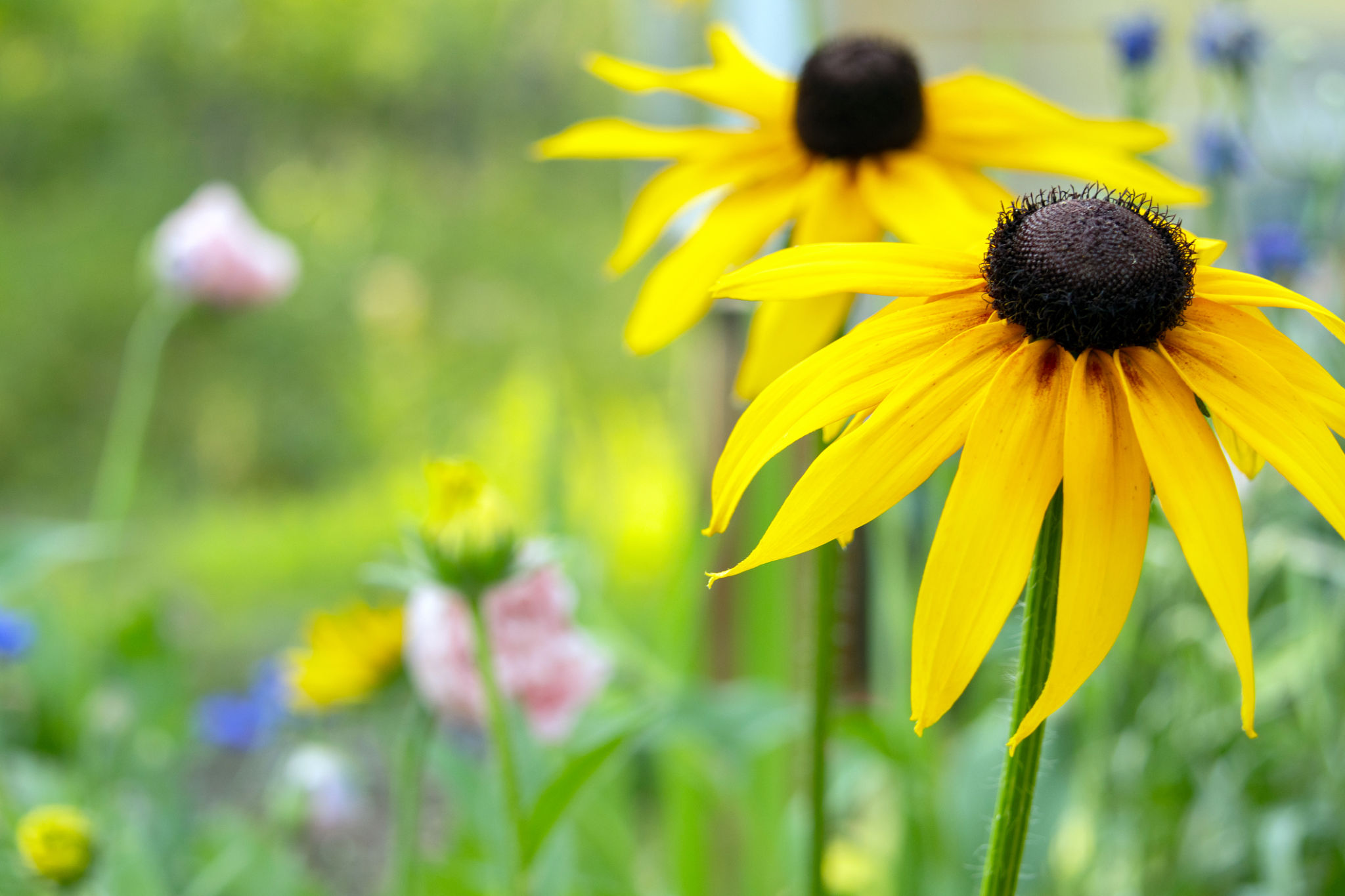The Ultimate Guide to Effective Weed Control
Ro
Understanding Weed Control
Weeds can be the bane of any gardener's existence, but understanding how to effectively control them can lead to healthier and more productive gardens. Weed control involves the prevention and management of unwanted plants that compete with desired crops for nutrients, light, and space. By understanding the life cycle of weeds and implementing appropriate strategies, you can maintain a garden that's not only beautiful but also efficient.

Types of Weeds
Weeds are generally categorized into three types: annuals, biennials, and perennials. Annual weeds complete their life cycle in one growing season and can spread rapidly if not controlled. Biennial weeds take two years to complete their life cycle, while perennials can live for several years and are often more challenging to eradicate. Each type requires different control methods, so it's essential to identify the weeds you're dealing with.
Annual Weeds
These weeds grow quickly and produce seeds in large quantities, making them challenging to control if left unchecked. Common examples include crabgrass and chickweed. Hand-pulling or hoeing before they set seed can be effective. Additionally, applying a pre-emergent herbicide early in the season can prevent their growth.

Effective Weed Control Strategies
Implementing a combination of mechanical, chemical, and cultural control strategies is the most effective way to manage weeds. Mechanical control involves physically removing weeds through methods such as hand-pulling or tilling. This method is labor-intensive but environmentally friendly.
Chemical Control
Chemical control involves the use of herbicides to manage weed populations. While effective, it's essential to use these chemicals responsibly to avoid harming non-target plants and the environment. Always follow label instructions and consider spot-treating problem areas rather than blanket applications.

Preventative Measures
Prevention is always better than cure when it comes to weed control. One of the most effective preventative measures is maintaining healthy soil and a dense cover of desired plants to outcompete weeds for resources. Mulching is another excellent way to suppress weed growth by blocking sunlight and conserving soil moisture.
Soil Health
Healthy soil supports robust plant growth, which in turn helps suppress weed populations. Regularly test your soil and amend it with organic matter like compost to improve its structure and nutrient content. This approach not only benefits your crops but also reduces weed pressure over time.

Monitoring and Maintenance
Regular monitoring of your garden is crucial for effective weed control. Early detection allows for timely intervention before weeds become a significant problem. Establish a routine of inspecting your garden weekly, especially during peak growing seasons.
In conclusion, effective weed control is a multifaceted approach that combines understanding, prevention, and intervention. By identifying weed types and implementing strategic control methods, you can maintain a thriving garden with minimal weed interference.
